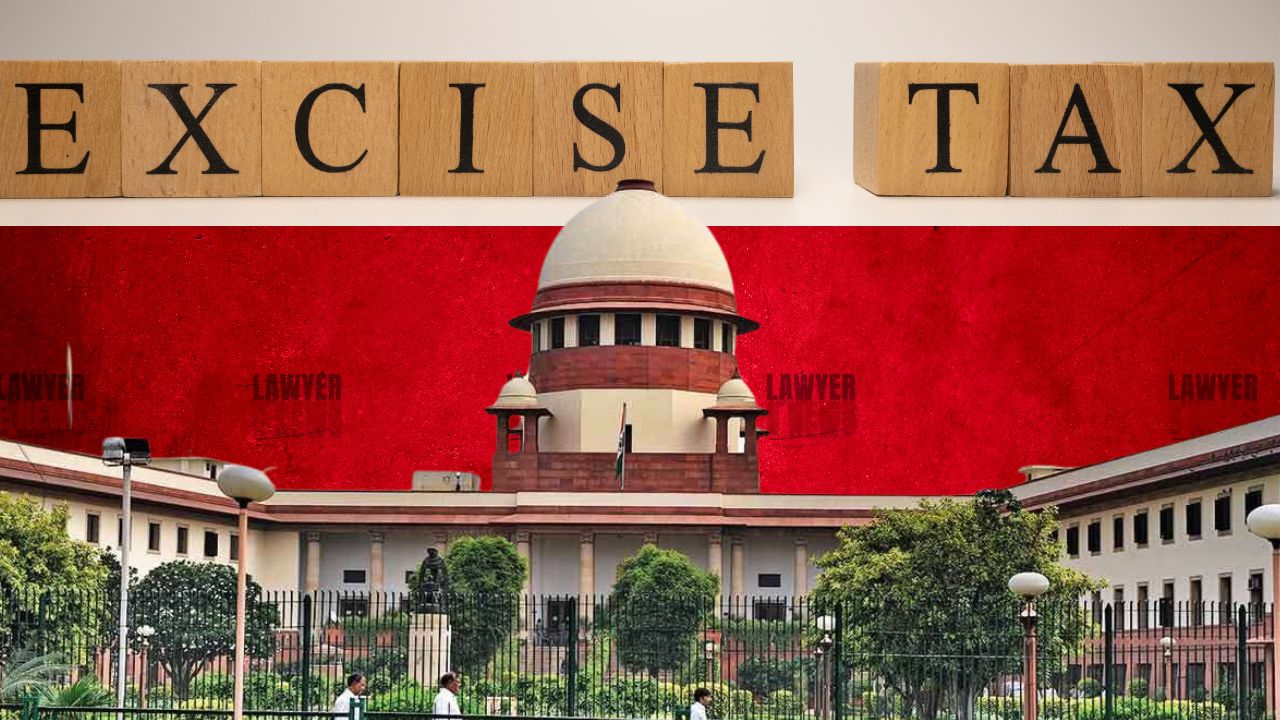-
by Admin
15 February 2026 5:35 AM



Supreme Court's ruling clarifies the classification of poly packs of chewing tobacco, exempting them from the requirement to declare MRP for excise duty purposes. In a significant judgment, the Supreme Court upheld the ruling of the Customs, Excise, and Service Tax Appellate Tribunal (CESTAT), clarifying that the poly packs of chewing tobacco sold by M/s Miraj Products Pvt. Ltd. do not fall under Section 4A of the Central Excise Act, 1944. The bench, comprising Justices Abhay S. Oka and Pankaj Mithal, affirmed that these packages are considered wholesale rather than retail, thus not requiring the declaration of Maximum Retail Price (MRP) for excise duty calculation.
The controversy arose from two show cause notices issued to M/s Miraj Products Pvt. Ltd. by the Commissioner of Central Excise, Jaipur-II, in April and May 2004. The notices alleged that the company was evading excise duty by incorrectly declaring the nature of their poly packs containing chewing tobacco. The poly packs, consisting of 33 small pouches of 6 grams each and one pouch of 15 grams, were claimed to be group packages intended for retail sale, which should be subject to Section 4A of the Excise Act, necessitating duty based on the MRP.
The core issue was whether these packages should be classified under Section 4 or Section 4A of the Excise Act. The Tribunal had set aside the Commissioner’s order, leading to the appeal by the Commissioner of Central Excise.
Factual Findings: The Court noted that M/s Miraj Products Pvt. Ltd. was selling HDPE bags, each containing 100 poly packs, to distributors and dealers rather than directly to retail consumers. This practice positioned the HDPE bags as wholesale packages, exempting them from the requirement to display MRP.
Retail vs. Wholesale Packages: Justice Oka emphasized that the crucial factor was the intention behind the packaging. The Court observed that despite the MRP being printed on the poly packs, the primary sale was in wholesale HDPE bags, not individual poly packs. “The respondent is selling HDPE bags containing 100 poly packs each to the distributors and dealers,” Justice Oka noted, further clarifying that “even assuming that 100 poly packs were retail packages, HDPE bags would be covered by the definition of ‘wholesale package’ as defined in clause (iii) of Rule 2(x) of the said Rules.”
Group Package Definition: The judgment scrutinized the definition of group packages under Rule 2(g) of the Standards of Weights and Measures (Packaged Commodity) Rules, 1977. It reiterated that a package must be intended for retail sale to be classified as a group package. The Court found that M/s Miraj Products Pvt. Ltd.’s poly packs did not meet this criterion since they were not sold directly to consumers.
The Court extensively examined the interplay between the Excise Act and the Standards of Weights and Measures Rules. It concluded that for Section 4A to apply, there must be a statutory requirement to declare the retail price on the package, which was not applicable in this case.
By dismissing the appeal, the Supreme Court reaffirmed the Tribunal’s ruling, providing clarity on the classification of wholesale versus retail packages for excise duty purposes. This decision is expected to have significant implications for the packaging and sale practices of manufacturers in the excise sector, particularly those dealing in commodities like chewing tobacco.
Date of Decision: July 8, 2024
Commissioner of Central Excise, Jaipur-II v. M/s Miraj Products Pvt. Ltd.
